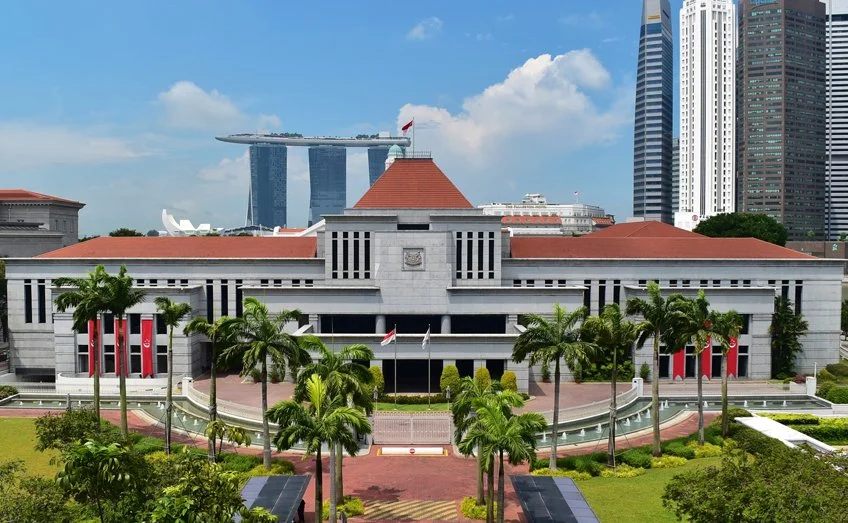This article was published in The Straits Times on April 29, 2023.
By Viswa Sadasivan
The last day of the parliamentary debate on the President’s Address was significant. The ruling party and the opposition chose a soft landing after five days of crossing swords (No place for populism, political opportunism in S’pore: DPM Wong, April 22).
It could easily have remained vitriolic with the parties digging in their heels. It would have been more entertaining.
Instead, Deputy Prime Minister Lawrence Wong and Leader of the Opposition Pritam Singh chose to be conciliatory. They walked the talk by jointly rejecting “populism and political opportunism”.
To me, this is a departure from what we are used to seeing in parliamentary debates in Singapore and, indeed, elsewhere. Almost as a rule, the parties across the aisle reject what is said by the other side. Even when you can see that an argument is valid, there is no acknowledgment. There’s the Whip to enforce compliance. Members who raise contrary points often find themselves, instead of their argument, the target of counterattack.
This has led to a binary conduct: You are with me or against me, and for me to win, you must lose. Also, if you disagree, especially vehemently, you are being disagreeable.
I never quite understood why political discourse needs to be so adversarial and contentious. Am I unrealistic or naive in wanting to see greater conciliation and reconciliation?
Is listening with an open mind, and acknowledging, if not agreeing with, a point made by the other side a sign of weakness or magnanimous confidence? Can we not at least agree to disagree?
It has been said that politics is dirty and, by definition, adversarial and polemical. However, does it need to be? Singapore is known for its exceptionalism. We have seldom shied away from bucking the trend when we know it’s the right thing to do.
Let’s lead the change we want to see in the world. Let’s show it can be done.
I choose to see Mr Wong extending the olive branch and Mr Singh accepting it, albeit with qualifications, as signalling a positive shift in political discourse. It’s a fairer, gentler tone that augurs well for the 4G leadership. Indeed, it’s a style that speaks to the joint commitment to reject populism and political opportunism.
Let’s go easier on the hard-hitting, point-counter-point debates and have more conversations. In the best interest of Singaporeans, let’s listen more.

